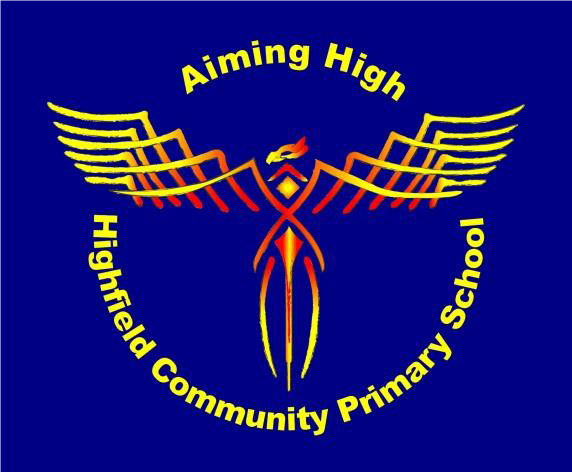Geography
Intent
Geography at Highfield Community Primary School follows the National Curriculum, giving our children opportunities to explore their surroundings, communities and wider geographical issues through engaging lessons coupled with exciting opportunities, both theoretical and practical. To ensure that pupils develop secure knowledge that they can build on, our geography curriculum is organised into a progression model that outlines the skills, knowledge and vocabulary to be taught in a coherent way. Locational knowledge, place knowledge, human and physical geography and geographical skills and fieldwork are all mapped out to ensure that pupils build on secure prior knowledge. Through their growing knowledge and understanding of geography, children will learn about places, people and the environment, starting at Highfield and the surrounding areas, then moving farther outwards into the world as the children progress throughout the school.
We recognise the importance of raising children as responsible, curious thinkers who are able to process new information, reflect on it, think critically and apply knowledge and skills to overcome challenges in our ever-changing world. Understanding both humans and physical geography will enable our children to have a better understanding of themselves and the wider society they live in as they grow up to be caring, responsible adults who can influence the future of our planet.
Implementation
Geography is taught in blocks throughout the year, which allows the children to learn about a specific area in some depth. We teach geography in a planned, coherent way which is sequenced logically, ensuring that children learn and remember a rich body of geographical knowledge and acquire progressive geographical skills.
All learning begins by revisiting prior knowledge. This will be scaffolded to support children to recall previous learning and make connections. Staff will model explicitly the subject specific vocabulary, knowledge and skills relevant to the learning. Teachers are encouraged to consider opportunities available to use the school grounds and the local area for fieldwork to enable children to base learning on first-hand experiences to enhance teaching and learning in geography. There is also a residential trip in Year 5/6 to Dukeshouse Wood in Northumberland.
In Key Stage 1, the children learn about local and national geography, acquiring basic map reading skills, learning what a city is, weather monitoring and exploring the local environment.The children will also learn about the seven continents and oceans. The curriculum has been mapped out so that these skills and knowledge are taught both Year A and Year B through different topics.
In Key Stage , we expand to international geography and delve deeper into human and physical geography. Children will learn about geographical processes such as how mountains are formed, the journey of a river, the water cycle, erosion and deforestation. In geography pupils have wide opportunities to apply and practise their reading and writing skills.
There is a focus on embedding and developing enquiry-based thinking skills through using a ‘bg question’ as the overarching theme for each unit which has been subsequently split into smaller enquiry-based questions which provide the focus for each lesson.
Children are assessed formatively and summatively throughout geography topics. This is recorded on a front cover sheet in the children’s books for each unit.
Impact
Children at Highfield Primary will have developed the geographical knowledge and skills to help them explore, navigate and understand the world around them and their place in it. Work will show that a range of topics are being covered, cross-curricular links are made where possible and differentiated work set as appropriate. The school environment will be geography rich through displays, resources, vocabulary etc. Assessments and monitoring will show standards in geography will be high and match standards in other subject areas.
We aspire for the children to leave Highfield Primary School being able to debate and discuss geographical issues and to be able to reflect and form their own opinions on matters such as climate change and natural disasters. We measure our impact based on pupils’ confidence to ask and explore questions to further their own geographical knowledge and understanding. They will be inquisitive young learners and citizens who choose to understand global environmental issues and seek to make a personal difference in protecting and shaping the world we share. In this way, we prepare our learners fully for transition to secondary school when they leave Highfield Community Primary School.
